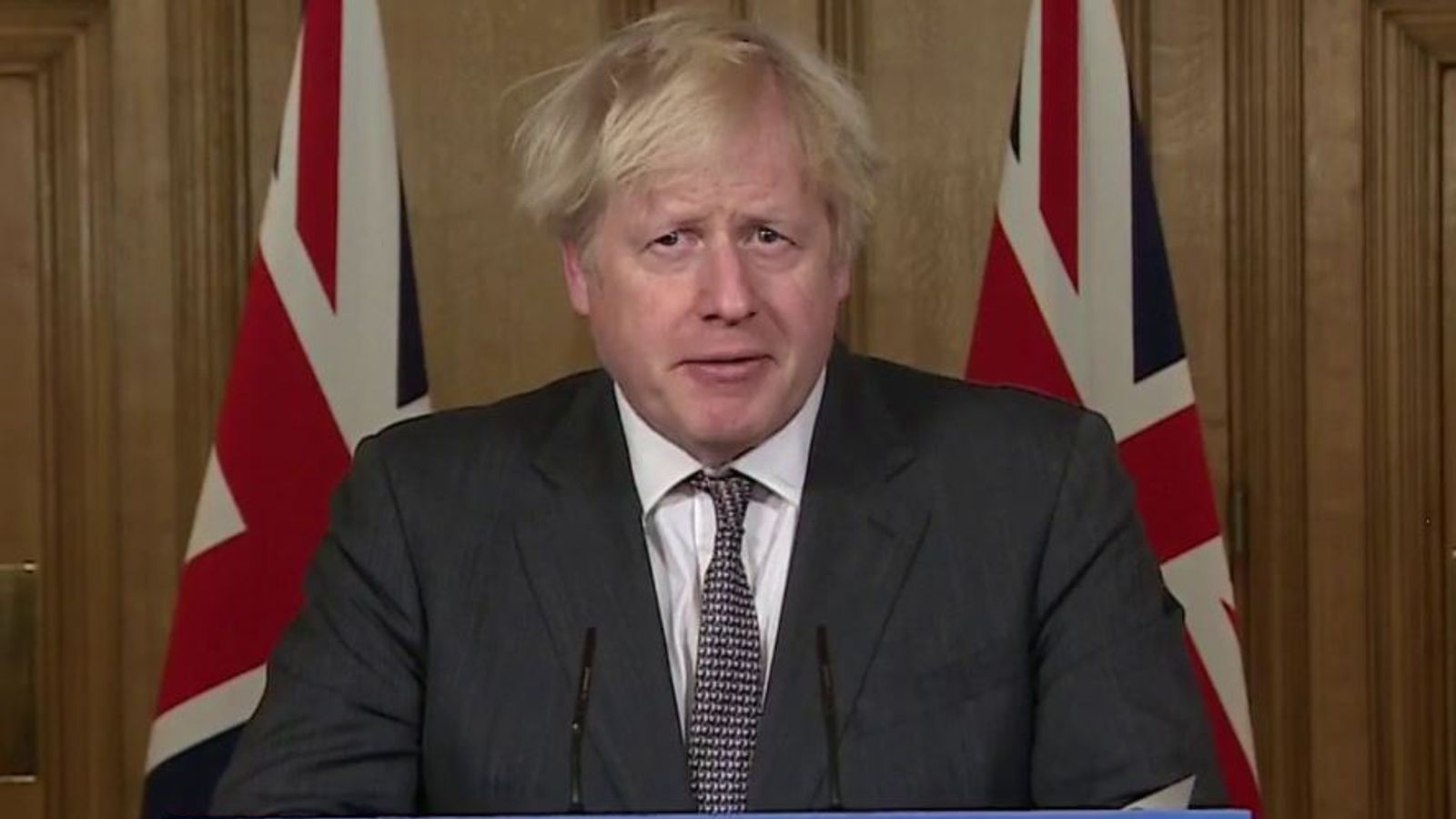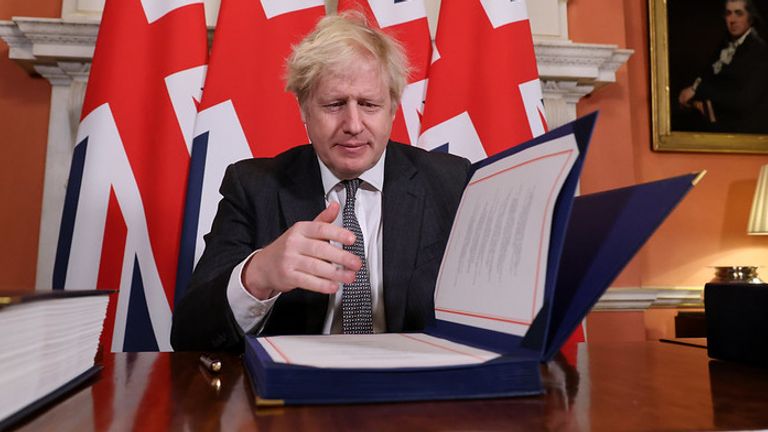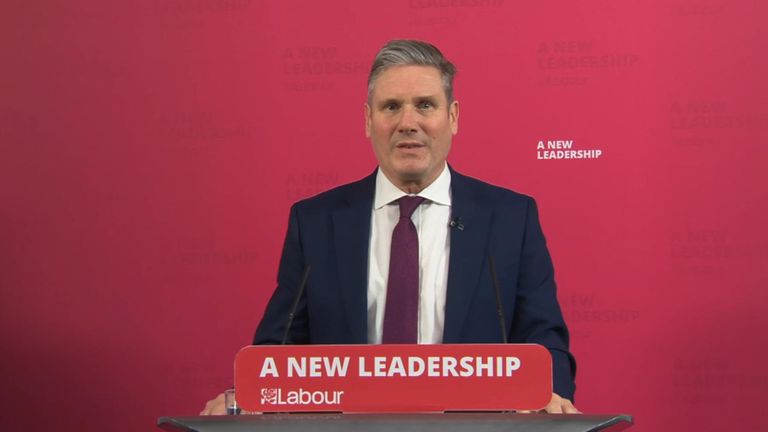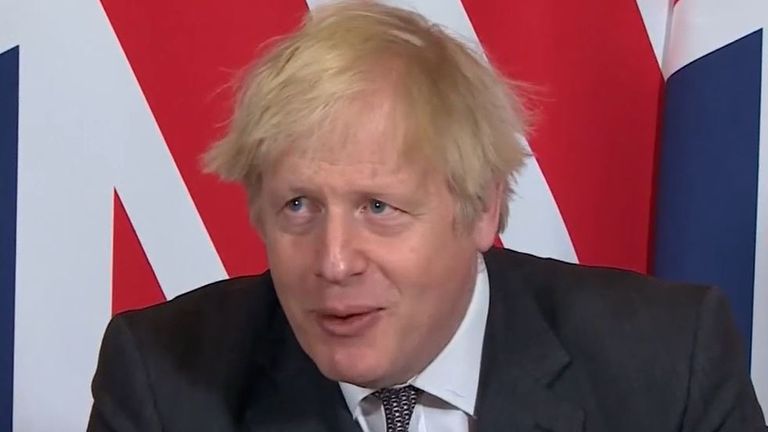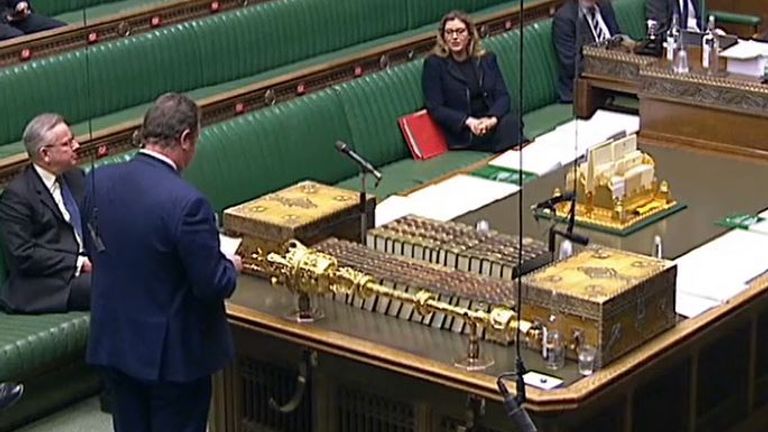Boris Johnson has said the UK’s destiny “now resides firmly in our hands” as his Brexit trade deal cleared Parliament and entered into law.
It comes after MPs overwhelmingly approved the deal to pave the way for the UK-EU agreement to come into force at 11pm today, when the current Brexit transition period – during which the UK has continued to follow EU rules – ends.
In a statement after the deal cleared Parliament, Mr Johnson said: “I want to thank my fellow MPs and peers for passing this historic Bill and would like to express my gratitude to all of the staff here in Parliament and across government who have made today possible.
“The destiny of this great country now resides firmly in our hands. We take on this duty with a sense of purpose and with the interests of the British public at the heart of everything we do.
“11pm on the 31 December marks a new beginning in our country’s history and a new relationship with the EU as their biggest ally. This moment is finally upon us and now is the time to seize it.”
The House of Commons backed the agreement, struck between the prime minister and the EU on Christmas Eve, by 521 votes to 73 – a majority of 448.
The deal, which stretches to 1,246 pages and covers £660bn worth of trade, was later given an unopposed third reading in the House of Lords.
Commons Speaker Sir Lindsay Hoyle told MPs the act was then granted royal assent by the Queen.
Less than an hour after the vote, Mr Johnson added his formal signature to the EU-UK trade deal in Downing Street.
The documents had been flown to London in an RAF plane after being signed by European Council President Charles Michel and European Commission President Ursula von der Leyen in Brussels on Wednesday morning.
Labour leader Sir Keir Starmer had ordered his party to vote in favour of the deal, arguing the alternative would be for the UK to leave the Brexit transition period without a EU trade agreement in place.
However, he suffered a rebellion which lead to two junior shadow ministers, Helen Hayes and Tonia Antoniazzi, announcing they were resigning their posts on the Labour front bench as they could not support the agreement.
One Labour MP, Bell Ribeiro-Addy, voted against the deal while 36 other Labour MPs recorded no vote – suggesting they had abstained.
Among those was Ms Hayes, who resigned her shadow cabinet role after choosing not to support Labour’s official position.
Meanwhile, two Conservative former cabinet ministers, Brexiteers Owen Paterson and John Redwood, also both abstained to rebel against the prime minister.
During more than four hours’ debate on the deal, former prime minister Theresa May took Sir Keir to task for failing to back her efforts in negotiating with the EU last year, when he was shadow Brexit secretary.
She told the now Labour leader: “He said he wanted a better deal – he had the opportunity in early 2019 when there was the opportunity of a better deal on the table and he voted against it.”
Mrs May welcomed Mr Johnson’s agreement, but suggested Brussels would be favoured under the terms of the deal.
“We have a deal in trade that benefits the EU, but not a deal in services that would have benefited the UK,” she added.
All the other opposition parties opposed the agreement, including the DUP, which backed Brexit but objects to provisions which mean Northern Ireland will still be subject to some EU rules.
Meanwhile, some Tory Eurosceptics were jubilant, declaring that the “battle for Brexit” had finally been won.
Senior Conservative eurosceptic Sir Bill Cash compared the prime minister to both Ancient Greek statesman Pericles and Alexander the Great, adding Mr Johnson had “saved our democracy”.
His fellow Tory MP Mark Francois, who chairs the European Research Group of Conservative Brexiteers, claimed he and his other Leave-supporting “Spartans” could now “lower our spears” in the “battle for Brexit”.
